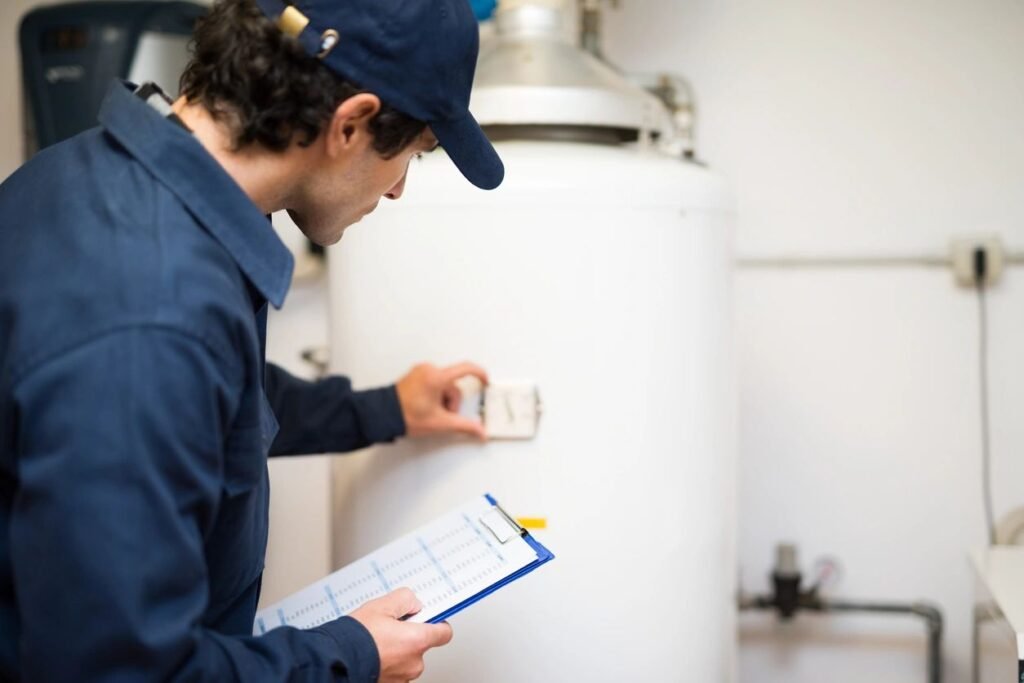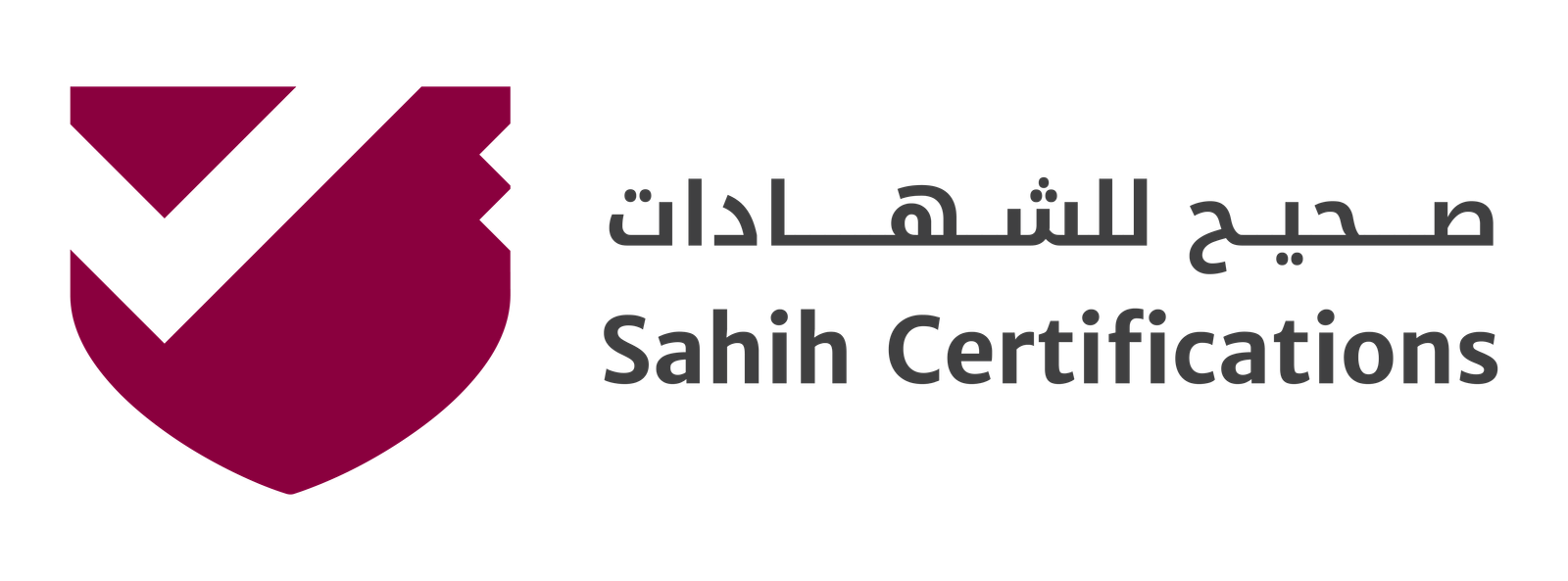
The Future of Industrial Inspection-Emerging Technologies and Trends
The field of industrial inspection is undergoing a significant transformation, driven by emerging technologies and evolving trends. In this blog post, we’ll explore the future of industrial inspection, shedding light on how these advancements are reshaping the industry. Whether you’re involved in industrial inspection or simply curious about the latest trends, this post offers a glimpse into what lies ahead.
The Evolution of Industrial Inspection: Industrial inspection has come a long way from its early days when it relied heavily on manual processes and subjective judgments. Today, it is characterized by sophisticated tools and techniques that provide accurate, objective, and efficient results. The evolution of this field is a testament to the relentless pursuit of safety, quality, and efficiency in industrial processes.
Technology-Driven Inspection: One of the most prominent drivers of change in industrial inspection is technology. From drones and robotics to artificial intelligence (AI) and the Internet of Things (IoT), technology is revolutionizing how inspections are conducted. Drones, for example, can access hard-to-reach areas, providing visual data and reducing safety risks. AI and IoT enable predictive maintenance, helping organizations anticipate and prevent equipment failures.
Safety and Efficiency: Technology-driven inspection methods enhance both safety and efficiency. By reducing the need for human inspectors to enter hazardous areas, technology minimizes risks. It also leads to quicker inspections, data analysis, and reporting, resulting in less downtime and more efficient operations.
Environmental Sustainability: In today’s world, industrial inspection is not just about quality and safety; it’s also about environmental sustainability. The use of technology allows organizations to monitor emissions, energy consumption, and environmental impact. By identifying areas for improvement, industrial inspection contributes to regulatory compliance and a reduced carbon footprint.
Challenges and Opportunities: While technology brings significant opportunities to industrial inspection, it also presents challenges. Keeping up with the rapid pace of technological advancements and ensuring data security are primary concerns. Moreover, there’s a need for skilled professionals who can navigate the complexities of these technologies.
In conclusion, the future of industrial inspection is bright, driven by technology and a commitment to safety, quality, and sustainability. By embracing these emerging trends and staying agile in the face of challenges, businesses can position themselves at the forefront of this transformative industry, ensuring safer, more efficient, and environmentally responsible operations.
